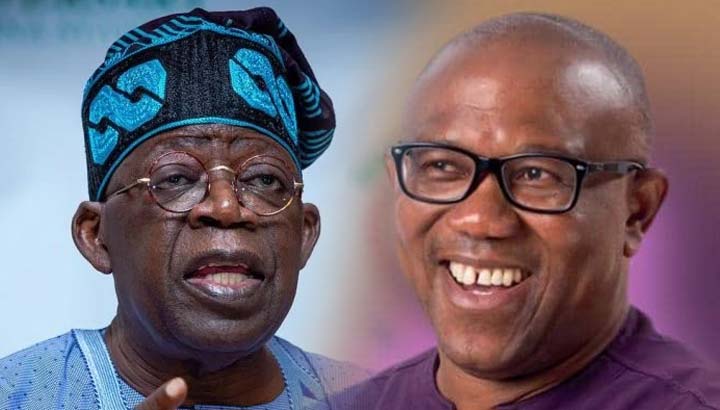Presidential spokesperson, Daniel Bwala, launched a pointed attack on Peter Obi, the former Labour Party presidential candidate, characterizing him as possessing a superficial understanding of economics and governance. Bwala’s critique, disseminated through his official X account, stemmed from Obi’s recent appearance on Arise Television, where he discussed the Tinubu administration’s economic policies, particularly the removal of fuel subsidies and the unification of the foreign exchange rate. Bwala expressed surprise that Obi, ostensibly a political opponent, concurred with these policies, suggesting that this agreement exposed the opposition’s lack of a distinct economic agenda. He implied that Obi and other opposition figures were primarily motivated by a desire for power rather than a genuine commitment to alternative policies. Bwala seized upon Obi’s use of the phrase “organized manner” to describe how he would have implemented the policies differently, interpreting this as an inability to articulate a concrete alternative approach. This, in Bwala’s view, further underscored Obi’s purportedly shallow grasp of economic complexities.
Bwala’s statement framed Obi’s televised interview as evidence of his intellectual shortcomings. He highlighted the perceived absence of rigorous questioning from the interviewer, whom he identified as a supporter of Obi’s “Obidient” movement. This, Bwala insinuated, allowed Obi to avoid substantive scrutiny and maintain a veneer of credibility. Bwala’s rhetoric painted a picture of Obi as evasive and lacking in substance, contrasting his performance with the more aggressive, challenging style of interviewing he implied was typical elsewhere. The underlying message was that Obi’s agreement with Tinubu’s policies, coupled with his vague explanations, revealed a lack of genuine policy depth and a focus on political opportunism.
During his appearance on Arise Television, Peter Obi addressed the contentious issue of fuel subsidy removal, a policy implemented by the Tinubu administration that has sparked widespread debate. While acknowledging the legitimacy of subsidy removal and the unification of the naira, Obi emphasized the importance of a structured and carefully planned approach to such significant economic shifts. He argued that the current administration’s implementation had been haphazard, lacking the necessary groundwork to mitigate the adverse effects on the populace. Obi contrasted this with his own proposed approach, highlighting its emphasis on a more organized and gradual implementation, a detail he asserted was outlined in his campaign manifesto.
Central to Obi’s critique was the question of transparency and accountability regarding the purported savings from the subsidy removal. He challenged the government to disclose the specific allocation of these funds, demanding evidence of their investment in critical infrastructure, as previously claimed. Obi questioned the whereabouts of the “billions saved,” emphasizing the need for public visibility and justification for their utilization. This demand for transparency underpinned his broader argument that while the policy itself might be sound in principle, its implementation lacked the necessary foresight and public accountability.
The clashing narratives presented by Bwala and Obi represent a broader political and economic debate within Nigeria. Bwala’s portrayal of Obi as economically naive serves to bolster the Tinubu administration’s defense of its policies, suggesting that even the opposition agrees with their fundamental direction. Conversely, Obi’s emphasis on a more measured and transparent implementation highlights concerns about the potential social and economic consequences of rapid, sweeping changes. The core disagreement revolves not necessarily around the policies themselves, but rather the manner and speed of their implementation, and the government’s accountability in managing the resultant economic shifts.
This exchange also throws into relief the challenges of economic policy communication and public understanding. While Bwala accuses Obi of superficiality, Obi’s argument focuses on the practical implications of policy execution and the importance of public trust. The differing priorities – theoretical soundness versus practical implementation – underscore the complexities of governing in a context of economic uncertainty and social sensitivity. The debate ultimately raises questions about the optimal balance between swift action and careful planning in economic policy reform, and the role of transparency in maintaining public confidence.


